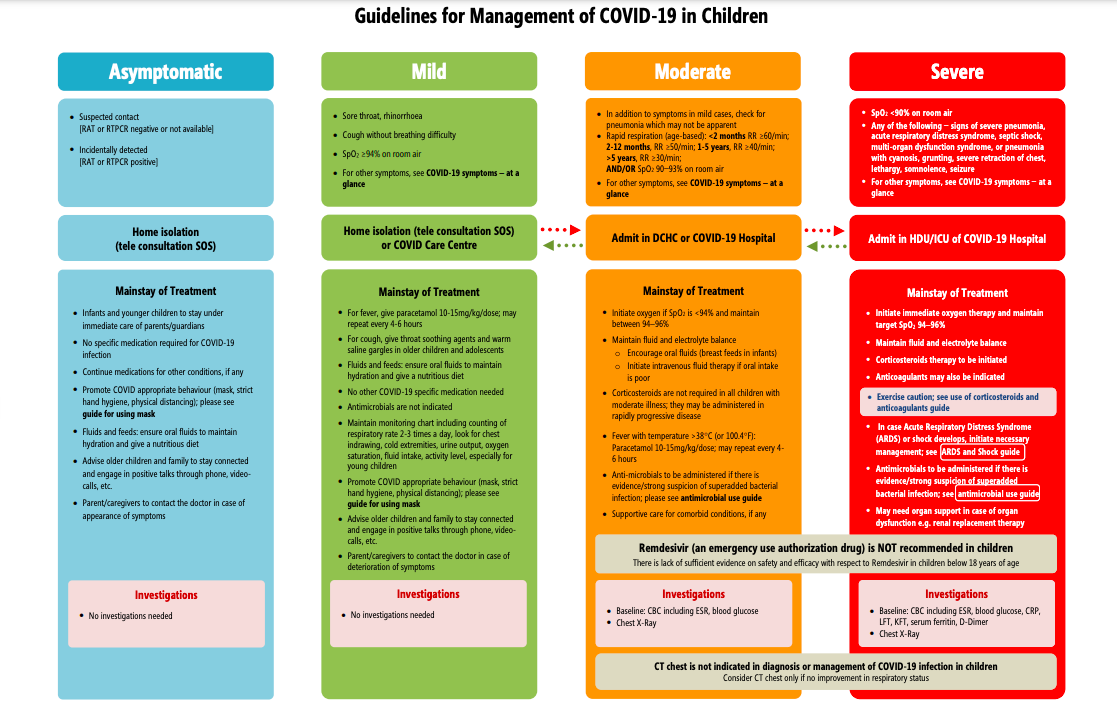In a rare and innovative approach to treating severe alcohol withdrawal, Sandwell and West Birmingham Hospitals NHS Trust is prescribing alcohol in carefully controlled doses to a select group of patients. This unconventional method, which has sparked both intrigue and concern, is being used to manage severe withdrawal symptoms and prevent life-threatening complications.
Alcohol withdrawal occurs when a person with a significant dependency on alcohol stops drinking. Left untreated, it can lead to dangerous symptoms such as seizures, delirium tremens (DTs), and even death. Benzodiazepines are typically used to manage withdrawal symptoms, but for some patients, they are not always effective, making them vulnerable to serious complications. In such cases, alcohol prescribing is considered as an alternative treatment.
This approach involves prescribing controlled doses of alcohol to patients at high risk of severe withdrawal symptoms, including those with a long history of alcohol consumption or those who have not responded to benzodiazepines. Administered in a medical setting, these doses are carefully monitored by a specialized team to stabilize withdrawal symptoms and prevent escalation.
While the concept may seem unusual, the practice of using alcohol in medical treatments dates back several decades. Historically, alcohol was used to manage DTs and other withdrawal symptoms. Sandwell and West Birmingham Hospitals NHS Trust now applies strict protocols to ensure safety, with alcohol being classified as a controlled drug and only prescribed by consultants with expertise in alcohol management.
A recent review of available research, including small-scale studies and case reports, found that alcohol prescribing was at least as effective as standard treatments in about 70% of cases. Patients who received alcohol were less likely to require unplanned hospital admissions and had fewer seizures compared to those treated with benzodiazepines. However, experts caution that the evidence is still limited, and further research is needed to establish clearer guidelines.
One of the key findings from the trust’s alcohol care team is that the doses of alcohol administered are typically much lower than what patients would consume in their daily lives. On average, patients received 16 units of alcohol during their treatment—far less than the 30 or more units per day some patients had consumed before hospitalization. This careful management helps reduce the risk of withdrawal complications and improves patient outcomes.
In addition to treating alcohol withdrawal, alcohol prescribing has shown promise in more complex cases. One example involved a patient with severe withdrawal symptoms and an ankle fracture requiring surgery. The patient was treated with intravenous ethanol during their stay, which effectively managed their withdrawal symptoms and allowed for the surgery to proceed, avoiding the need for intensive care.
While the use of alcohol in this way remains controversial, the research team at Sandwell and West Birmingham Hospitals NHS Trust believes it could offer significant benefits in managing alcohol withdrawal. Not only does it appear to improve patient outcomes, but it also helps reduce the strain on hospital resources.
The team is now gathering feedback from patients who have received alcohol as part of their treatment to understand the intervention’s impact on their recovery. Additionally, interviews with healthcare professionals are being conducted to explore staff experiences and gather insights into the challenges and opportunities of this approach.
Experts are calling for further research to better understand the potential role of alcohol prescribing in alcohol withdrawal management. With growing evidence supporting its efficacy in certain cases, there is increasing discussion about whether this method could be implemented more widely across healthcare settings to improve outcomes for patients facing severe alcohol withdrawal.
As this innovative treatment continues to evolve, the team at Sandwell and West Birmingham Hospitals NHS Trust hopes to refine its approach and expand its use to benefit more patients in the future.












